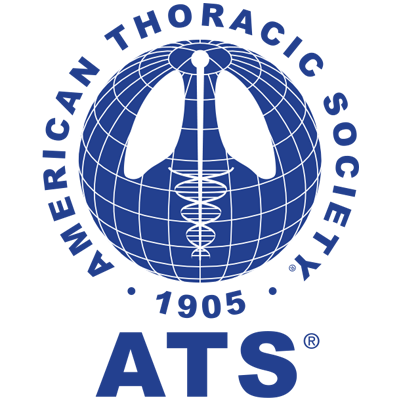American Thoracic Society Releases Temporary COVID-19 Guidance
The American Thoracic Society has released a set of guidelines to help clinicians treating patients with COVID-19.

A task force led by the American Thoracic Society (ATS) has released new guidance to aid clinicians during the ongoing coronavirus 2019 (COVID-19) outbreak.
While the international task force notes these are suggestions and not recommendations, the 12-page guidance document titled, “COVID-19: Interim Guidance on Management Pending Empirical Evidence,” includes multiple suggestions on topics including management of critically ill patients and when it appears appropriate to prescribe hydroxychloroquine or chloroquine in patients with COVID-19.
In an effort to help clinicians manage COVID-19 patients, the physicians from organizations across multiple continents attempted to aggregate the available empirical evidence into a guidance document. Authors of the guidance document represent a number of organizations on the frontline of the outbreak outside of the ATS including the Boston University School of Medicine, the Nanyang Technological University in Singapore, Shanghai Respiratory Research Institute in China and Vall d'Hebron Institute of Research in Spain.
Using 29 published articles pertaining to COVID-19 and a survey of 80 clinically-active ATS members in late March, authors of the document highlight more than a dozen specific suggestions related to care of patients with COVID-19. The authors noted these suggestions should not be considered mandates and will be revisited as evidence accumulates, according to a statement from the ATS.
The first suggestion included in the document is that data should be collected from Patients receiving one or multiple suggestions from the guidance document to validate and further research. Authors suggest use of hydroxychloroquine (or chloroquine) may be appropriate on a case-by-case basis in patients hospitalized with COVID-19 with evidence of pneumonia, but only if a number of other stipulations are met.
Stipulations for aforementioned suggestion include using shared decision‐making in which the patient is informed about the possible benefits and potential side effects, the collection of data in a manner that enables studies that use valid methods for causal inference and control of confounders for the purpose of interim assessment, the patient’s clinical condition is sufficiently severe to warrant investigational therapy, and there is not a shortage of drug supply. Of note, 73% of ATS members surveyed were in favor of this recommendation.
“We suggest that, if the drug is prescribed, that it be done in the context of data collection for research,” said Kevin Wilson, MD, chief of Guidelines and Documents at the American Thoracic Society, in the aforementioned statement. “We believe that in urgent situations like a pandemic, we can learn while treating by collecting real-world data.”
The task force, based on a split in responses among ATS members, decided against making suggestions in regard to a number of medications that have become controversial in regard to use as treatment for patients with COVID-19. The guidance document makes no suggestion for or against treatment with tocilizumab, systemic corticosteroids, lopinavir‐ritonavir, or remdesivir in hospitalized patients with COVID‐19 who have evidence of pneumonia.
Other suggestions included in the guidance document include performing prone ventilation in patients who have refractory hypoxemia and COVID-19 pneumonia and considering extracorporeal membrane oxygenation (ECMO) in patients who have refractory hypoxemia, COVID-19 pneumonia, and have failed prone ventilation.
The guideline, “COVID-19: Interim Guidance on Management Pending Empirical Evidence”, is published on the ATS website.